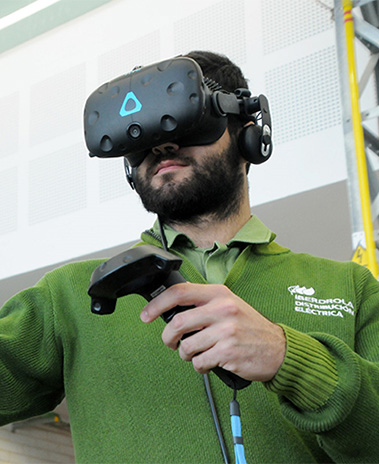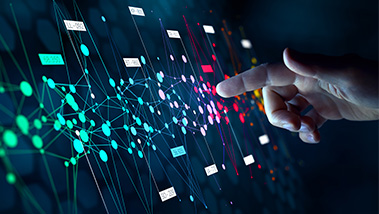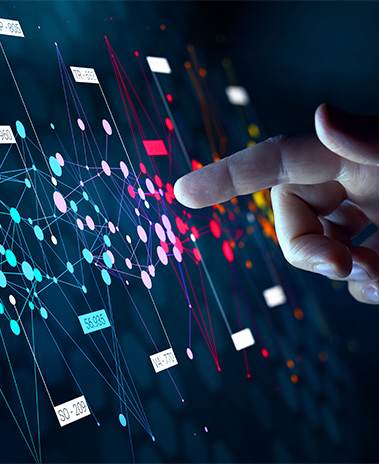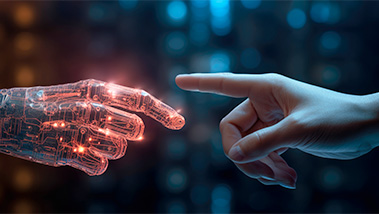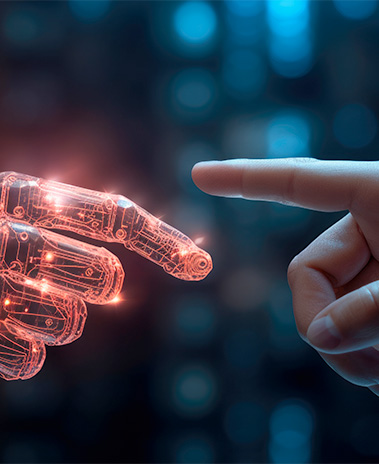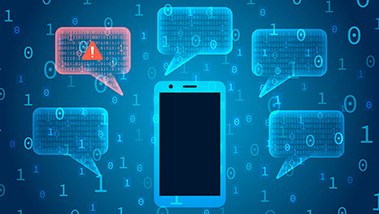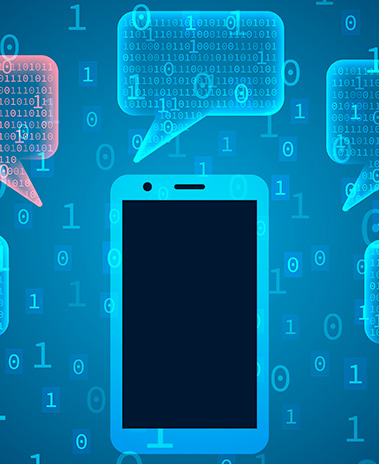#digital
Digitisation is an essential part of business management, information storage, process control and communications in all industrial sectors, including energy.
-
Since the successive strategic announcements by Meta, Facebook's parent company, the metaverse has been at the forefront of the tech scene as a shared virtual environment that proposes a new way of interacting with people. But this concept is not only limited to the social or entertainment sphere, but also extends to transformative applications in industry, giving shape to what is known as the industrial metaverse.
Exploring the fascinating world of artificial intelligence requires, above all, delving into the diversity of its algorithms. From supervised learning, which serves as the basis for recommendation systems, to reinforcement learning – used to improve the response of dialogue systems such as chatbots. Discover the types of algorithms that AI uses to transform our technological environment.
-
Artificial intelligence, for those who do not use it on a daily basis, seems like a concept typical of great film productions or science fiction books. But the truth is that it is a set of almost century-old concepts that are increasingly present and to which we resort, often without realising it. Find out what artificial intelligence is, what it is for, what its risks and challenges are and what we expect from it in the future.
Mobile phone scams are becoming more frequent and the methods used to carry them out are becoming more complex. Smishing is a type of text message scam. Find out what it involves, what types exist and how to avoid falling victim to this scam.
-
The digital technologies we use on a daily basis have become a breeding ground for new forms of scams and frauds. One of these is vishing, a type of deception via a phone call. Find out what it involves, what types exist and how to avoid data spoofing.
Digitalisation has become a key ally for companies to seize opportunities and overcome challenges in a rapidly evolving context, and to do so with agility, security, efficiency and a people-centric approach.






